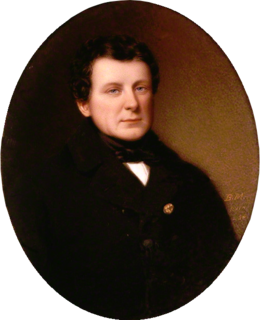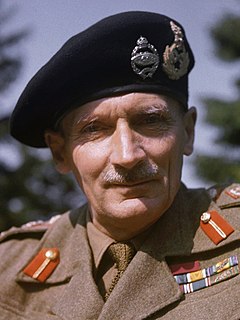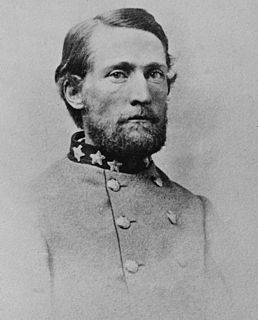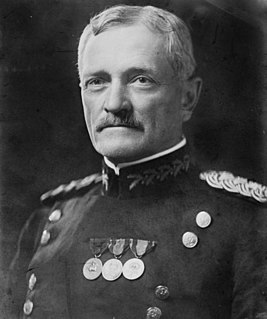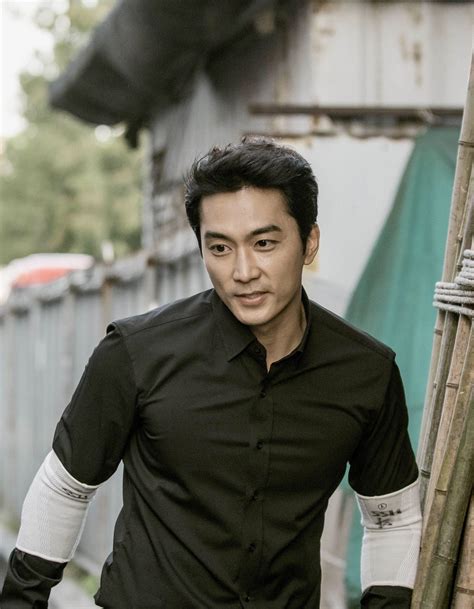A Quote by William Ralph Inge
Let us remember, when we are inclined to be disheartened, that the private soldier is a poor judge of the fortunes of a great battle.
Related Quotes
It's a great battle, and it really is a battle, and there are people from all walks of life, you know, never judge anybody at the table: A man can be the greatest poker player and he might know all the numbers, but he might get beaten by a really savvy kid who works in a grocery store; and that's what's so great about this game.
It is the soldier, not the reporter, who has given us freedom of the press. It is the soldier, not the poet, who has given us freedom of speech. It is the soldier, not the campus organizer, who has given us the freedom to demonstrate. It is the soldier, who salutes the flag, who serves beneath the flag, and whose coffin is draped by the flag, who allows the protester to burn the flag.
It is also true that the less possible it becomes for a man to acquire a new fortune, the more must the existing fortunes appear as privileges for which there is no justification. Policy is then certain to aim at taking these fortunes out of private hands, either by the slow process of heavy taxation of inheritance or by the quicker one of outright confiscation. A system based on private property and control of the means of production presupposes that such property and control can be acquired by any successful man.
The point I wish to make is that those things cause the soldier to remember that the people at home are behind him. You do not know how much that is going to mean to us who are going abroad. You do not know how much that means to any soldier who is over there carrying the flag for his country. That is the point which should be uppermost in the minds of those who are working for the soldier.
If you are blessed with great fortunes. . . you may love your fate. But your fate never guarantees the security of those great fortunes. As soon as you realize your helplessness at the mercy of your fate, you are again in despair. Thus the hatred of fate can be generated not only by misfortunes, but also by great fortunes. Your hatred of fate is at the same time your hatred of your self. You hate your self for being so helpless under the crushing power of fate.


